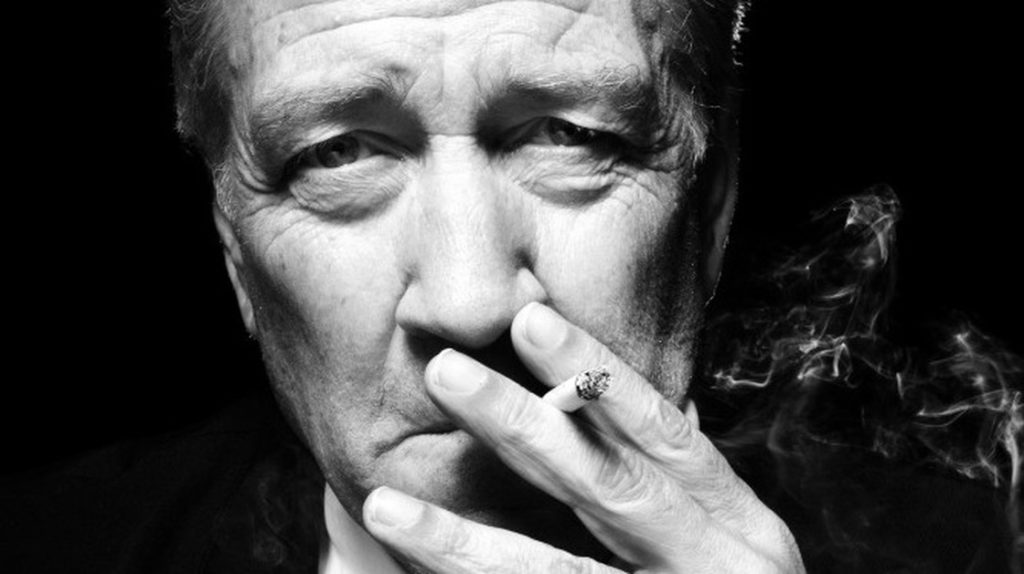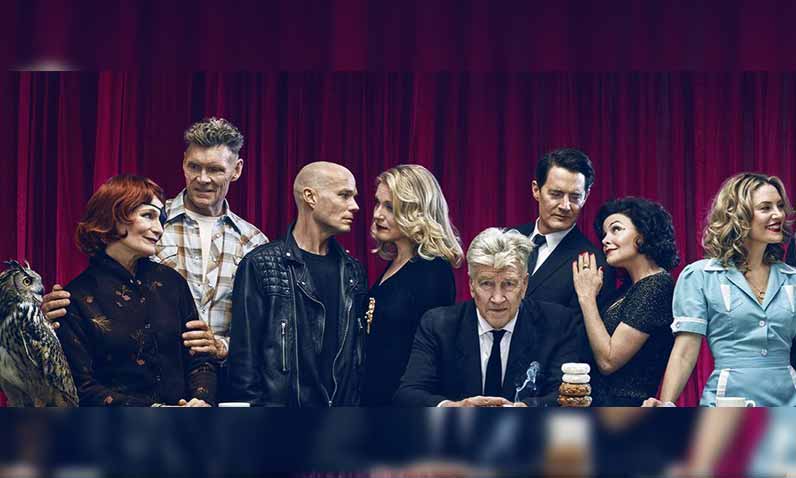 The recent return of Twin Peaks has meant a wonderful thing: David Lynch is back on our screens again, and even in the short time since my recent retrospective piece on my recent feature on Mulholland Drive, we’ve heard that Lynch has now openly said he’d consider a return to film, if the project and the time was right. Happy days indeed. In light of all this, Ben and I couldn’t resist a chat about Lynch, his work to date and why we think he’s so unique.
The recent return of Twin Peaks has meant a wonderful thing: David Lynch is back on our screens again, and even in the short time since my recent retrospective piece on my recent feature on Mulholland Drive, we’ve heard that Lynch has now openly said he’d consider a return to film, if the project and the time was right. Happy days indeed. In light of all this, Ben and I couldn’t resist a chat about Lynch, his work to date and why we think he’s so unique.
Ben: First question has to be, have you started watching new Twin Peaks yet?
Keri: No I haven’t! I really want to revisit the first two series beforehand as it’s been rather a while! I have it lined up ready to go. But I hear good things. The Guardian reviewer hated it, which is usually a good sign.
Ben: We’re on the same page then, as I haven’t started watching it either. Me and my better half are too caught up in the 21st century approach of binge-viewing TV, so we’re thinking we’ll catch up either halfway, or when it’s done. Happily have managed to avoid spoilers thus far; only comments I’ve seen on social media have said, “what the hell’s going on?” Which, after all, could apply to just about anything David Lynch has ever made.
Keri: I think Lynch is pretty safe from spoilers, generally – as everyone usually disagrees on what it all means! Anyway, I’m very pleased to see it back. Laura Palmer was as good as her word.
Ben: Did you watch Twin Peaks when it first aired? My parents decided I was too young for it at the time, but I was very aware of it, partly because my older brothers really got into it, but mainly as it became such a huge phenomenon. It was being talked about and written about everywhere. And this was a time when TV was still very safe, very pedestrian.
Keri: I did watch it, though not religiously and I know I missed episodes – if I remember rightly, it screened on a Sunday night in the UK and on Monday the kids who’d watched it would get together and discuss what we’d seen. It was incredibly different. And it’s given TV permission to be weird ever since, I’d say.
Ben: I didn’t properly watch the whole series until I think about 10-15 years after it first aired, when Channel 5 bought the rights. And even all those years later it was still quite stunning in its boldness.
Keri: Yes, absolutely.
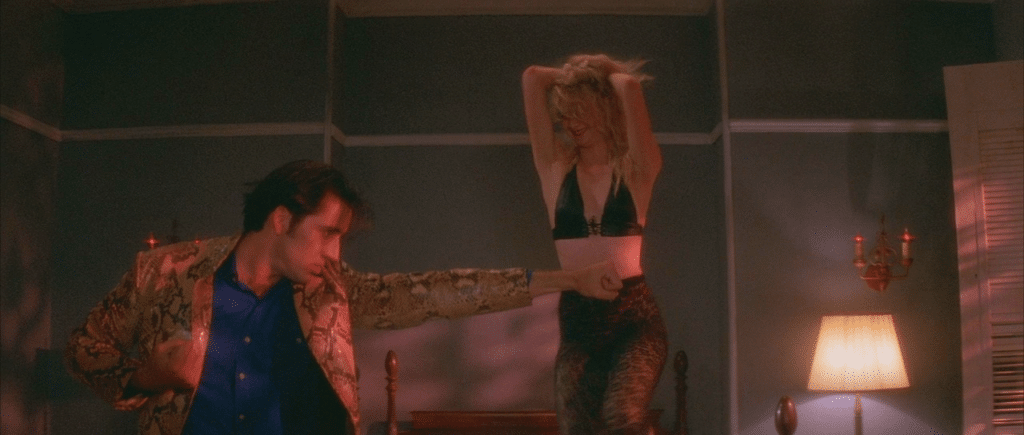 Ben: By that point, of course, I was more familiar with Lynch as a filmmaker. Pretty sure the first film of his I saw, and really got into, was Wild at Heart. I think that one really resonated with me as it slotted in really well with the early Tarantino era, the whole young rebels in love thing; very much in tune with True Romance, Natural Born Killers. And, of course, peak Nicolas Cage.
Ben: By that point, of course, I was more familiar with Lynch as a filmmaker. Pretty sure the first film of his I saw, and really got into, was Wild at Heart. I think that one really resonated with me as it slotted in really well with the early Tarantino era, the whole young rebels in love thing; very much in tune with True Romance, Natural Born Killers. And, of course, peak Nicolas Cage.
Ben: Definitely. It’s in your face, but nowhere near as abstract as most of his best-known stuff.
Ben: Probably the best place to start with Lynch. And, despite all the recent reappraisals of Mulholland Drive as his masterpiece, Blue Velvet still strikes me as the definitive Lynch film. But yeah, damn it’s hard viewing at times. I’ve only seen it a handful of times and it still gets to me on every viewing.
Keri: Absolutely. Pabst Blue Ribbon sales must have gone through the roof! It’s a phenomenal performance, definitely his most iconic. Lynch is good at bad guys.
Ben: I guess his thing is that he recognises the darkness inside all people and things, really. That opening montage of Blue Velvet says it really, doesn’t it; the idyllic images of a perfect suburbia, everything seemingly so happy and innocent, slowly panning down to the severed ear deep in the grass crawling with insects…
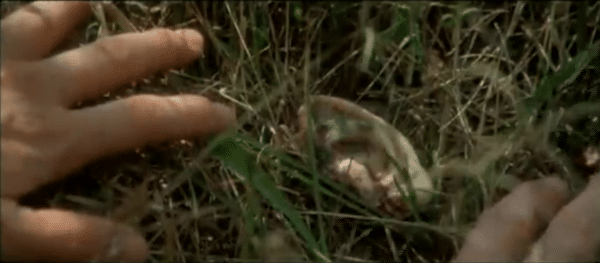
There’s a good quote from him to that effect: “I discovered that if one looks a little closer at this beautiful world, there are always red ants underneath.”
Keri: Indeed – I used that quote in my piece on Mulholland Drive! It defines his approach very neatly.
Ben: Ah, that’s probably where I read it then 🙂
Ben: Yes! I should imagine the widespread interest in the Twin Peaks revival has helped his chances of getting stuff made now. Will be nice to see him getting back to work. Not that he’s ever been especially prolific anyway, though; hadn’t really thought about it until researching more thoroughly of late, but he actually only has about 10 full-length films to his name.
Eraserhead, The Elephant Man, Dune, Blue Velvet, Wild At Heart, Fire Walk With Me, Lost Highway, Mulholland Drive, Inland Empire… actually that’s 9.
Keri: Pretty good going to have become an eponymous adjective based on that 🙂
Ben: Plus I’m not sure Dune should even count, given he originally pulled an Alan Smithee on it. [short pause] Fuck, I forgot The Straight Story! It is ten films after all. I’ve actually never seen that one though, nor have I seen Inland Empire. It was also only quite recently that I finally got around to seeing Eraserhead. I’m sure that’s grounds for deduction of film writer cred there.
Ben: Yeah, it all felt quite familiar. Quite indicative of the path Lynch’s films would continue to go down, I think, because – as much as it makes no sense if approached from a realistic viewpoint – there’s so much of it that’s easy to relate to.
Beneath all the abstract weirdness, it’s ultimately just about the pressures and anxieties of adult responsibility. Living in a shit flat, in a unsatisfying relationship, with in-laws who drive you insane. Most people can relate. Or at least, that’s my take on it, and obviously there are many ways it can be read, as with every other Lynch film.
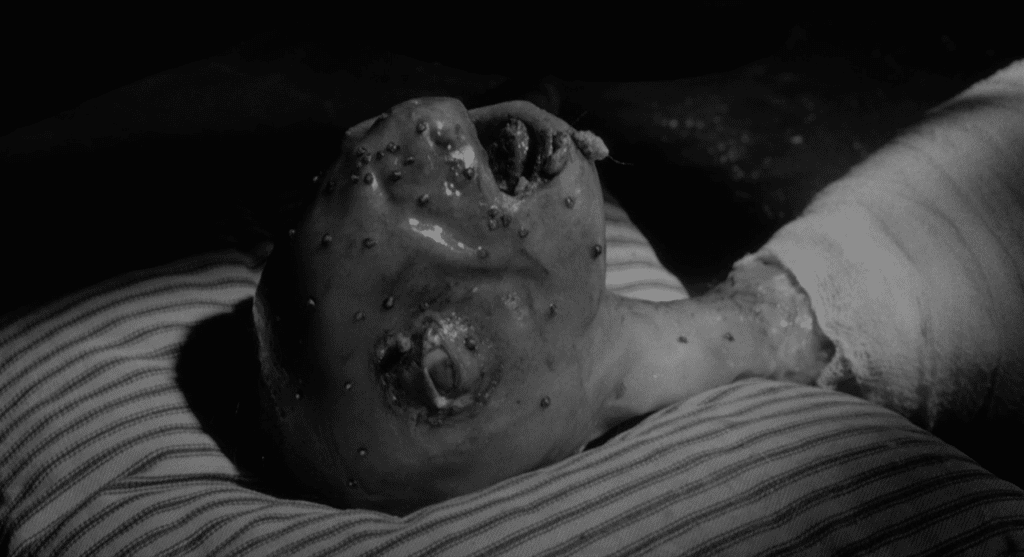
Keri: I think Lynch did base some of the bawling baby thing on how pressured he was feeling with new fatherhood. And yeah, I think what Lynch does so well is to creatively explore the impact of bullshit on the psyche – responsibility, denial, heartbreak…
Ben: All very much at the heart of Mulholland Drive. Lost Highway too, I think; in fact, those films seem to have a lot in common, particularly with protagonists who may or may not be the same person.
Now, you’ve quite rightly complained in the past that ‘Lynchian’ is a term that gets bandied about way too often in relation to anything that’s a bit surreal. What would you say defines a David Lynch film?
Keri: For me, Americana is a vital element. I’d also say that the performances have to be overblown to the point of unsettling the audience, as this makes the inevitable nightmarish elements of the plot land so much more effectively.
Ben: Yeah, they’re performances which, in a different film, we might easily write off as bad acting. Stilted, overly earnest.
Keri: Yep, but perfect for the kind of psychodrama Lynch employs. I agree though, elsewhere we’d find it all a bit irritating.
Ben: Always a very old Hollywood aesthetic going on too. Very 40s/50s noir. Leading men with heavily slicked back hair. Interestingly, the moments I find his stuff dated are when elements of the actual era in which they were made comes through; say, Bobby’s grungy look on Twin Peaks. Or the 90s music used in Lost Highway.
Keri: Good point actually. [Though Keri has since remembered that Rammstein feature on Lost Highway, and that is of course brilliant.] He certainly does have his own aesthetic – and it’s much more timeless than his forays into other eras or styles.
So – I think we could talk all night about what Lynch has done in his career, but I suppose – now that Twin Peaks is back – are you hopeful that this is the start of greater output from him? Or do you think less is more?
Ben: Well, as we’ve said he’s never been massively prolific, but I would certainly hope we’ll see at least one or two more films from him in the next decade. But if he decides to stick to TV and/or experimental shorts – well, good for him. He’s earned the right to work the way he wants to.
Keri: I’d personally love to see him return to film, but the fact that Twin Peaks is back is great and you can always be sure that you’re never going to be bored where Lynch is concerned. And as much as I kvetch about people overusing the term ‘Lynchian’, I can only approve of the fact that he’s made the screen a far weirder place.
Ben: I suppose that’s the key reason he’s so venerated; there really hasn’t been another filmmaker quite like him, in our era or any other.
